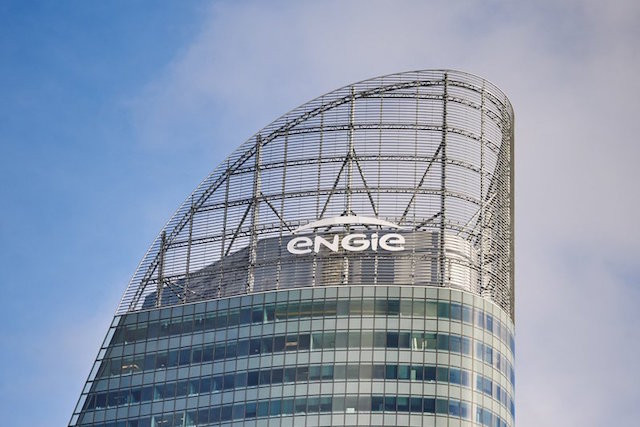The commission said that Luxembourg’s tax treatment of Engie transactions broke EU state aid rules.
Margrethe Vestager, the European competition commissioner, said in statement on 20 June:
“Our decision today concerns Luxembourg’s tax treatment of profits that Engie made from certain activities in Luxembourg. Tax rulings issued by the Luxembourg authorities in 2008 and 2010 have artificially reduced Engie's tax bill for about a decade.”
Engie, which used be called GDF Suez, set up two structures in the grand duchy, and according to Vestager:
“Each of them involved an artificial financing arrangement that did not reflect economic reality.”
Luxembourg’s finance ministry said in a statement on Wednesday:
“Luxembourg has taken note of the decision by the European Commission in the ENGIE case, announced on June 20, 2018.
“The Commission points out circumstances leading to an erosion of the tax base or even non-taxation. Luxembourg agrees that such results, albeit in accordance with the letter of the law, no longer correspond to the current spirit of the national and international tax framework.”
The ministry noted that Luxembourg has been bringing its tax practices in line with EU and international standards. And, its statement continued:
“The Commission has acknowledged the recent initiatives taken by Luxembourg in this area.
“Nevertheless, as ENGIE has been taxed in accordance with the tax rules applicable at the relevant time, without having received a selective treatment, Luxembourg considers that ENGIE has not been granted State aid incompatible with [EU rules]….
“Luxembourg will use appropriate due diligence to analyse the decision and reserves all its rights.”
Engie said a press statement that it would challenge the decision in court:
“ENGIE has fully complied with the applicable tax legislation and considers that it has not benefited from a State aid. In addition, ENGIE was transparent by requesting, from the Luxembourg authorities, a ruling confirming its correct interpretation of Luxembourg law.
“ENGIE will assert all its rights to challenge the State aid classification considering that the Commission did not demonstrate that a selective tax advantage was granted. Therefore, ENGIE will apply for annulment of this Commission’s decision before the competent courts.”
In recent months, the commission has ordered--also claiming illegal state aid--Ireland to collect €13bn in back taxes from Apple, the Netherlands to collect €20m-€30m from Starbucks, and Luxembourg to collect €250m from Amazon and €20m-€30m from Fiat.
Reuters noted that:
“Vestager’s decision comes ahead of a Thursday hearing at Europe’s second-highest court where Fiat and Luxembourg will challenge her findings. This kicks off a series of appeals by the targeted companies and countries in the coming months.”
